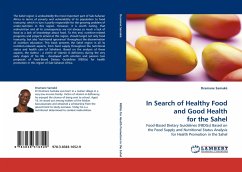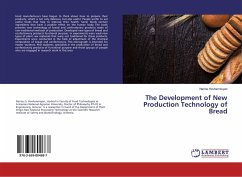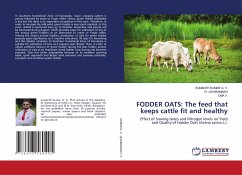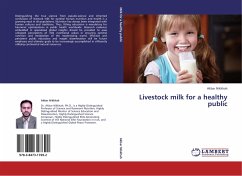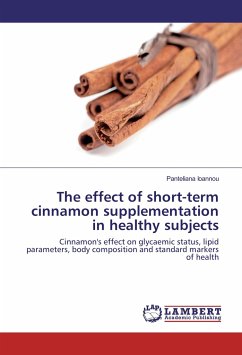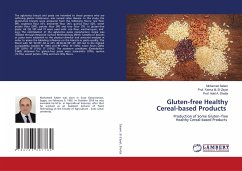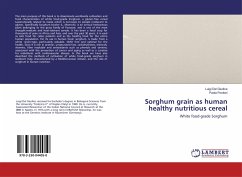The Sahel region is undoubtedly the most important part of Sub-Saharan Africa in terms of poverty and vulnerability of its population to food insecurity, which in turn is partly responsible for the growing problem of under-nutrition in this region. However, it is worth noting, that malnutrition and all its consequences are not always so much a lack of food as a lack of knowledge about food. To this end, nutrition-related programs and projects aimed at this region, should target not only food insecurity, but also "nutritional ignorance" throughout the dissemination of nutrition education. This book presents the Sahel region in all its nutrition-relevant aspects, from food supply throughout the nutritional status and health care of Sahelians. Based on the analysis of these aspects, the Author - a victim of vitamin A deficiency during the very early stages of his life - developed with emotion and passion two proposals of Food-Based Dietary Guidelines (FBDGs) for health promotion in this region of Sub-Saharan Africa.

